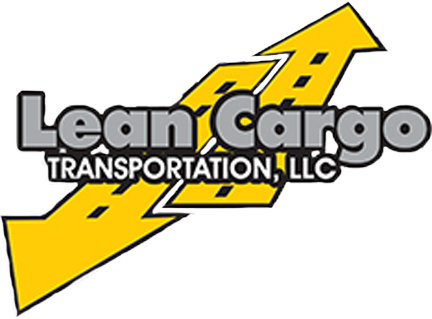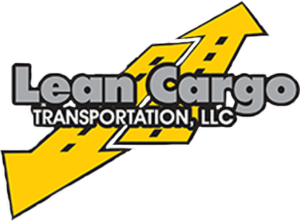Choosing the right shipping method can be confusing, especially when your goods don’t fill an entire truck. Whether you're moving small loads often or larger freight that doesn’t need a full trailer in Texas, knowing the difference between Texas LTL services and PTL services can help you save time and money. Each option comes with its strengths, and picking the wrong one could lead to delays or extra costs.
Keep reading to learn how LTL and PTL services work, when to choose each one, and how a Texas logistics company can help you ship smarter with the right fit for your goods.
Key Takeaways
- LTL is best for small freight that doesn’t require a full truck, helping lower your shipping costs.
- PTL works well for larger loads that still don’t fill a full truck but need faster delivery and fewer stops.
- Both services let you pay only for the space you use, making them great for businesses with different goods sizes.
- Lean Cargo Logistics can help you choose the right service and handle your shipping with care and support.
What Are LTL and PTL Services?
LTL means Less-Than-Truckload. Shipping with Texas LTL services is perfect when your freight is small and doesn’t need a full truck. Your goods share space with other shipments headed in the same direction. This strategy helps you save money because you only pay for the space you use.
On the other hand, PTL means Partial Truckload. If your freight is large but still not enough to fill an entire truck, Texas PTL services can be a better choice. Your goods cover up more space than LTL, but still share the truck with other shippers.
Both LTL and PTL services allow you to pay only for the space you need, rather than the entire truck. A logistics company like Lean Cargo Logistics can help you pick the right service based on the size of your freight.
Benefits of LTL and PTL
LTL and PTL services are smart methods for shipping your goods without needing a full or semi-truck. Each one helps you save money and move goods safely. But they work best in different ways depending on the size of your shipment.
Benefits of Texas LTL services
- LTL is great for small shipments.
- It lowers your cost, since your goods share space with others.
- More trucks are available, so shipping is often faster.
- LTL helps you ship often, especially if you’re not shipping in bulk.
Benefits of Texas PTL services
- PTL is best for bigger loads that are not quite full-truck size.
- There is less handling, as you share the truck with fewer shippers.
- PTL offers faster delivery since your shipment stays on one truck.
- There may be a lower risk of damage since there are fewer stops.
Drawbacks of LTL and PTL
While LTL and PTL services can save you money and offer flexible shipping, they also have some downsides. Knowing these can help you plan better and avoid surprises.
Drawbacks of LTL
- LTL has more stops since your shipment is shared with others.
- LTL has a longer delivery time because the truck may take many routes.
- This option also has a higher risk of damage from extra handling and transfers.
- LTL is not always great for fragile or time-sensitive goods.
Drawbacks of PTL
- PTL costs more than LTL, even if your shipment doesn’t fill up the truck.
- There are fewer trucks available, so pick-up may take longer.
- PTL is not the best choice for very light or small shipments.
- There is still some sharing involved, though less than LTL.
Ship Smarter and Save With Lean Cargo Logistics
Choosing between Texas LTL services and PTL services is all about freight size and finding the best value for your business. The right logistics services can help you cut costs, reduce delays, and move your goods with ease. By understanding your options and their benefits, you’ll be better prepared to handle each shipment with speed and care.
With a good Texas logistics partner like Lean Cargo Logistics, you get clear advice, dependable support, and shipping solutions built around your needs. With the right plan in place, your goods move faster, smarter, and with fewer roadblocks.

